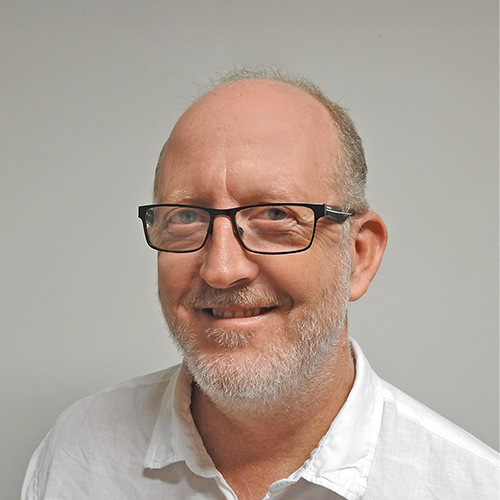Search

Honorary Research Associate

Two research teams, led by The Kids Research Institute Australia, have been awarded more than $2 million to fund innovative projects.
Carrington Fiona Shepherd Stanley PhD FAA FASSA MSc MD FFPHM FAFPHM FRACP FRANZCOG HonDSc HonDUniv HonFRACGP HonMD HonFRCPCH HonLLB (honoris causa)
Carrington Fiona Shepherd Stanley PhD FAA FASSA MSc MD FFPHM FAFPHM FRACP FRANZCOG HonDSc HonDUniv HonFRACGP HonMD HonFRCPCH HonLLB (honoris causa)
Carrington Shepherd PhD Honorary Research Associate Honorary Research Associate Areas of research expertise: Population health; Aboriginal and Torres
Stillbirth is a critical public health issue worldwide. While the rates in high-income countries are relatively low, there are persistent between-country disparities. We compared stillbirth rates and trends in Wales and the State of Western Australia (WA), Australia, and provide insights into any differences.
This article examines whether connection to digital technologies helps connect young Indigenous people in Australia to culture, community and country to support good mental health and well-being and protect against indirect and potentially long-term effects of COVID-19.
Vitamin D deficiency (serum 25-hydroxyvitamin D (25(OH)D) concentration <50 nmol/l) is recognised as a public health problem globally. The present study details the prevalence and predictors of vitamin D deficiency in a nationally representative sample (n 3250) of Australian Aboriginal and Torres Strait Islander adults aged ≥18 years. We used data from the 2012-2013 Australian Aboriginal and Torres Strait Islander Health Survey (AATSIHS). Serum 25(OH)D concentrations were measured by liquid chromatography-tandem MS.
Expanded carrier screening (ECS) for recessive monogenic diseases requires prior knowledge of genomic variation, including DNA variants that cause disease. The composition of pathogenic variants differs greatly among human populations, but historically, research about monogenic diseases has focused mainly on people with European ancestry. By comparison, less is known about pathogenic DNA variants in people from other pa
Higher levels of poor perinatal outcomes among FGR births highlight the importance of appropriate management including fetal growth monitoring
